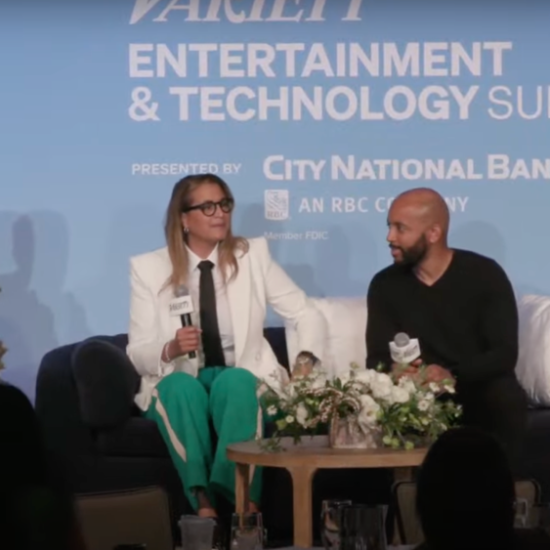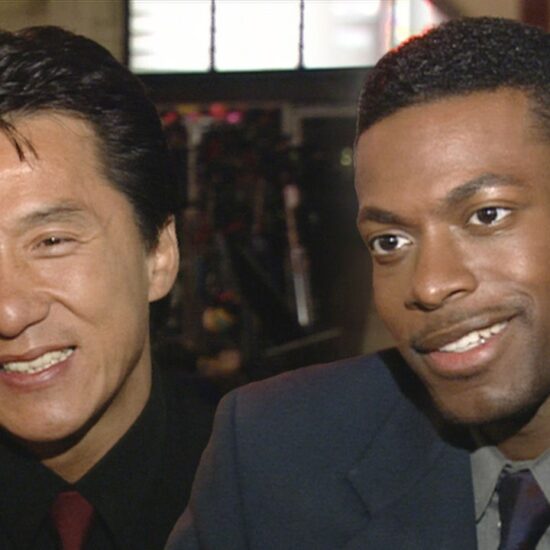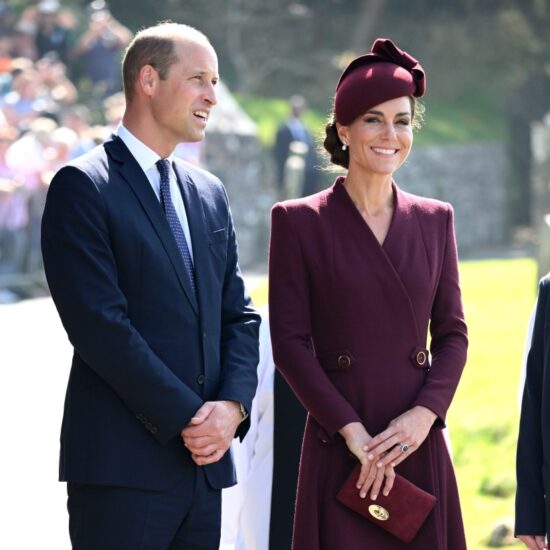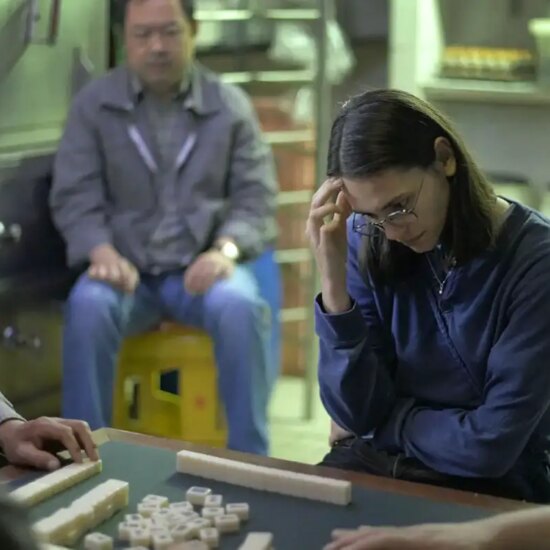
Music for Screens Conversation (hosted by Variety) had both Sarah Polley and Hildur Guðnadóttir come together to talk about making movies, the process of how music gets attributed to film, and more.
Introduction & Film Information
Before we get into the conversation, Sarah Ellen Polley is a Canadian actress, writer, director, producer and political activist. Polley first garnered attention as a child actress for her role as Ramona Quimby in the television series Ramona. Her last movies were Splice from 2009 and Mr. Nobody 2009. Polley executive produced the film A Better Man in 2017 and wrote the miniseries Alias Grace which was based on the 1996 novel of the same name by Margaret Atwood.
Hildur Ingveldardóttir Guðnadóttir is an Icelandic musician and composer. A classically trained cellist, she has played and recorded with the bands Pan Sonic, Throbbing Gristle, Múm, and Stórsveit Nix Noltes, and has toured with Animal Collective and Sunn. She’s received various accolades including an Academy Award, two Grammy Awards, and a Primetime Emmy Award. Hildur has gained international recognition for her film and television scores, including for Journey’s End in in 2017, She most recent accomplishments has been the HBO miniseries Chernobyl in 2019, in which won her a Primetime Emmy Award, a BAFTA Award and a Grammy Award. She also composed the score to the 2019 film Joker, starring Joaquin Phoenix and Robert de Niro, and directed by Todd Phillips, for which she won the Premio Soundtrack Stars Award at the 76th Venice International Film Festival and the Golden Globe Award for Best Original Score, becoming the first solo woman composer to win in this category at the Golden Globe Awards.

Courtesy of Orion Pictures
The film is about a group of women who are in an isolated religious community dealing with the aftermath of sexual assault perpetrated by the colony’s men as they grapple with reconciling the harsh reality of their oppression with their unwavering faith and steadfast commitment. It’s written and directed by Oscar nominee Polley. It’s based on the 2018 novel of the same name by Miriam Toews. The drama stars Oscar nominee, Rooney Mara, Emmy winner, Claire Foy, Oscar nominee, Jessie Buckley, Emmy nominee. Judith Ivey, Emmy winner, Ben Whishaw, and lastly four-time Oscar winner and two-time Emmy winner Frances McDormand.
Panel Highlights
- Polley said for her process with the film was that she needed to understand the music first. This is what made her connect with the film more.
- The Music that was being added to the film had to match the tone due to it being dialogue heavy.
- Guðnadóttir wanted the sound to be more down to earth and full. She said it was very important to her in the recording process that we feel the love that these women have for each other and she wanted that love conveyed in the melody. She said the guitar heavily influenced that.
- Guðnadóttir said it took her a long time to get this music out of her because she was so angry with the story. Through the process, she found hope and portrayed it her music to make the audience connect with it.
Final Thoughts
Polley said she had a lot of talks with Guðnadóttir with how to convey the music. She even started to understand the film more with the editing and that the music hugely influenced that. She said she that Guðnadóttir was best composer for the film and she intended to have her for this film. It was also great to have a female voice as well.
She says here “What people remember is the hayloft,” notes the director, “but you’re actually outside with expansive vistas for a lot of the film, and so that was a real place for a score. But there’s also a few times where there are turning points in a conversation. And Hildur’s music really helped amp up both the ticking clock of the film and those pivotal turning points where people are on the brink of a major, life-changing philosophical shift within themselves. So this amazing sort of percussive soundtrack that comes in at these moments when suddenly the clock is speeding up and one of the men (in the community) has come back (from town), and so then suddenly the score has this huge shift in it.”
Guðnadóttir said it was the most heartbreaking events and it’s hard to even fathom that this type of cruelty can happen. She wanted to portray in her music that it need to have hope with the movement. She wanted us to feel the hope of these women coming together. She said it took her a long time to get this music out of her because she was so angry with what was happening in the story but a long the way she found hope and portrayed it her music to make the audience connect with it.
Guðnadóttir said “That I felt it was really important that the orchestration was accessible in the world that this film lives in.” “It’s a very rural environment and, although these women would probably not have access to any instruments”. The milieu is a cloistered religious community. The guitar would probably be the instrument closest to them, in accessibility. I wanted the sound world to be very down-to-earth, not highbrow, and I didn’t want any electronics or manipulation. The love that these women have for each other and their families and children, I wanted that same same love to exist also within the music. So the guitarist is one of my best friends and, and someone that I played with probably the most in the last 25 years. Our recording sessions are equal parts recording and laughing and having heart-to-heart talks.”
Both women said they would definitely want to work again on future projects and really connected with each other. They learned that they had a lot of things in common which helped with everything. Most of their talks and meetings were via Zoom due to the pandemic. They finally met in person in Toronto, right after the film’s Telluride premiere.
See the film’s trailer below:
Women Talking will be releasing on December 23, 2022 with a limited release and in UK cinemas on Feb. 10, 2023.













